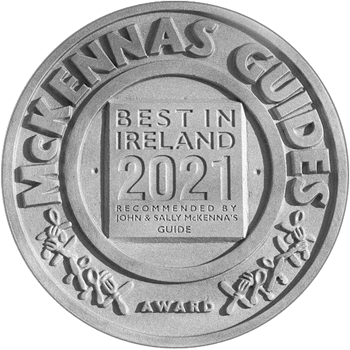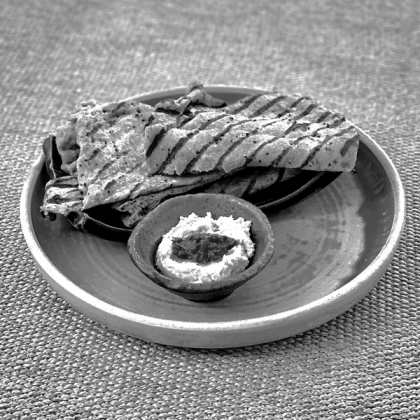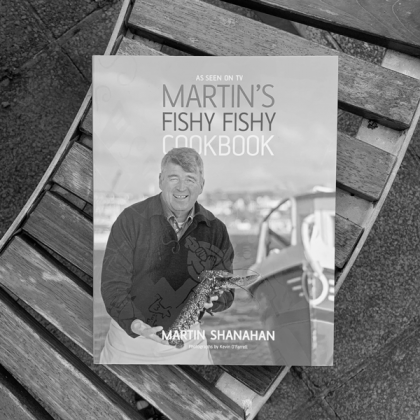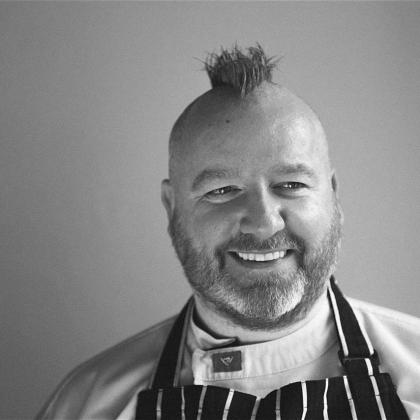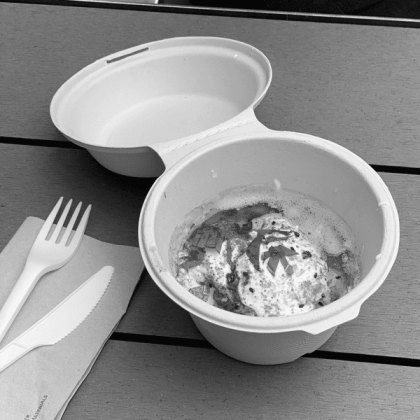The Anglo-Irish Body
Our bodies are like banks. If you keep everything in balance in a bank – loans; deposits; liquidity; cash flow – then the bank trades happily, makes a profit and performs its important role in society.
Let things get out of balance in the bank, however – vast loans on speculative property deals; slack auditing by auditors and directors; directors loans that don’t even appear on the annual report – and the bank quickly becomes toxic. Push it too far, and the bank dies, because the balance sheet is way out of kilter.
So, let’s look at the Balance Sheet of our bodies, shall we? We shall need to look very closely, because balance is one of those things we tend to take for granted in the Western world. And yet balance is the very key to having healthy diets and healthy bodies.
In his new book, “The Element”, Ken Robinson describes the research of the anthropologist Kathryn Lynn Guerts, when she described the standard five senses – taste, touch, smell, sight, hearing – to the Anlo Ewe people of Ghana. But what about the other one, the main one?, they asked. What about the sense of balance?
When we think of balance, we tend to see it as something that we can lose temporarily if we have a very bad cold, or as a quality that some folk – Roger Federer comes to mind – personify at its peak of athleticism.
But what if I was to tell you that the chances are that your diet – your carefully monitored, well-thought-through, conscientious diet – is way, way out of balance, and that this lack of balance could be a toxic threat to your body, your health and your well-being.
The balance I am talking about is the balance between omega-3s and omega-6s in your diet.
Yes, of course you know all about omega-3s. You need only look at something simple and popular such as BIM’s little flier, “Fish for Men”, to get the message: omega-3s in oil-rich fish reduce triglycerides that can block the arteries around your heart. They stop your blood becoming too sticky, reducing the risk of blood clots.
Oh, and they make you smarter, because fats like DHA and EPA boost your concentration and memory, and help you think faster.
It’s true: fish is brain food. Your mother always said it, and your mother was dead right.
She probably hadn’t done research into the fact that the fats that we need in our brains – and our brains are almost 60% fat – are only available via the food we eat.
And she was telling you that fish is brain food even before they first discovered the importance of omega-3s back in the 1980’s. Mother was right, so aren’t you glad you ate up that nice mackerel.
So, if you follow BIM’s advice, and eat fish twice a week, then you will be Einstein, right? Sadly, it isn’t that simple. You may have lots of those good omega-3’s on your Balance Sheet – your deposits, let’s say – but there is a debit waiting on the other side of the page.
As Nick Fisher and Hugh Fearnley-Whittingstall point out in “The River Cottage Fish Book”, the balance of omega-3’s to omega-6s during the critical period of man’s evolution was a healthy 1:1.
And today? “In the modern Western diet, the average ratio now stands at somewhere between 15:1 to 25:1 in favour of omega-6”.
Because these omegas compete for space in your cells and for attention from your enzymes, having too much omega-6 is as bad as having too little omega-3.
The omega-6s are getting into your system via processed foods, seed oils, and from meats where the animals have been fed on grain.
Looks like the balance sheet of your health is suggesting that you have an Anglo-Irish Body.
The researcher Joseph Hibbeln has written that “The increases in world (omega-6) consumption over the past century may be considered a very large uncontrolled experiment that may have contributed to increased societal burdens of aggression, depression and cardiovascular mortality”.
Aggression, depression and heart attack: just how you might feel today if you hold Irish bank shares.
So, how do you get the balance back into your life? If the omega-6s undo the good work of the omega-3s, what to do? How can those omega-6 debits be lowered, and the omega-3 credits increased?
Eat green leaves. Eat fish. Eat meat from animals that have grazed on pasture, and cut back on the animal meat that has been fed on grain rather than grass. Grass–fed red meat is good; grain-fed white meat has those omega-6s in abundance.
Eat butter, because good Irish butter is coming from the milk of grazing animals, and therefore you get the goodness of all that green grass coming through, and you don’t get a bunch of trans-fats as you do with “spreads”. Give the kids lots of good milk.
In a couple of words: Think Green.
Green grass, firing those omega-3s into your body via milk, eggs, butter and red meat.
Green leaves, packed full of goodness.
Green plants – specifically algae – from which fish build up those good omega-3s for you.
Of course, as Kermit the Frog’s old song says, ‘It’s not easy being green”. But your body’s balance sheet needs those greenbacks, now.
More on the Omega-3 cookbook to come.
The Irish Times Health Plus: 6s and 3s
Archive - all the best places to eat, shop and stay in Ireland. A local guide to local places.
